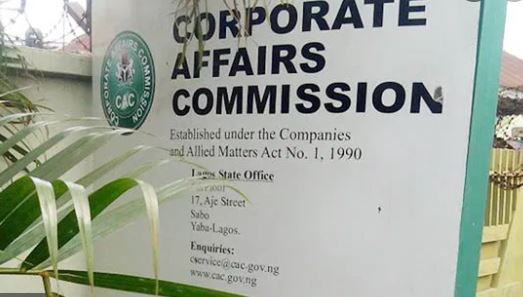Nigeria has long grappled with pervasive corruption, a longstanding barrier to economic progress and a driver of widespread poverty. The recent revelations regarding the Central Bank of Nigeria’s (CBN) former governor, Godwin Emefiele, have thrust the nation’s financial integrity into the spotlight. The allegations, documented in the Jim Obazee Investigation Report, have sparked significant concern over the institution’s stewardship and resonated with the nation’s citizens on matters of financial accountability and probity.
The allegations against Emefiele are staggering, ranging from unauthorized funding and financial misconduct to fraudulent transactions that have underscored the imperative need for systemic reforms within critical institutions like the CBN. The accusations, if proven true, not only betray the trust of the Nigerian people but also spotlight systemic issues within the leadership of the CBN.
The scale of the alleged misconduct is deeply troubling, encompassing unauthorized foreign bank accounts, fraudulent cash withdrawals, manipulation of the Naira exchange rate, as well as unapproved expenditure on various projects, including the Naira redesign. Such mismanagement of financial resources poses a significant obstacle to the economic well-being of the country and sheds light on the prevalent culture of corruption that has plagued Nigeria’s development for decades.
Drawing parallels to past instances of corruption, such as the infamous Abacha era, only serves to underscore the enduring and detrimental impact of financial impropriety on Nigeria’s economy. The alleged lodging of £543.4 million in fixed deposits in UK banks reflects a disheartening pattern of diverting substantial funds abroad, depriving Nigeria of transformative development opportunities.
As the country contends with pressing infrastructure needs, the misallocated funds could have substantially mitigated critical deficits. The diversion of such substantial sums compromises the potential for essential investments in affordable housing, road rehabilitation, and healthcare infrastructure, directly impacting the lives of millions of Nigerians.
The allegations against Emefiele represent a call to action for comprehensive anti-corruption reforms within the CBN and other pivotal institutions. Strengthening oversight mechanisms, implementing whistleblower protection programs, and ensuring transparency and accountability in financial transactions are imperative steps towards restoring public trust and fortifying Nigeria’s financial systems.
In light of these revelations, it is essential to pursue legal reforms that expedite the prosecution of corruption cases, holding perpetrators accountable for their actions. The recovery and judicious reinvestment of allegedly siphoned funds back into the country for its development are paramount for Nigeria’s economic recovery and the restoration of public confidence.
In conclusion, the exposure of alleged financial misconduct within the CBN signifies a pivotal moment for Nigeria. It presents an opportunity to enact meaningful reforms that foster a new era of transparency, accountability, and responsible financial governance, marking a critical juncture in the nation’s quest for sustainable development. Nigeria’s resurgence depends on decisive action to address corruption and uphold the principles of good governance.


